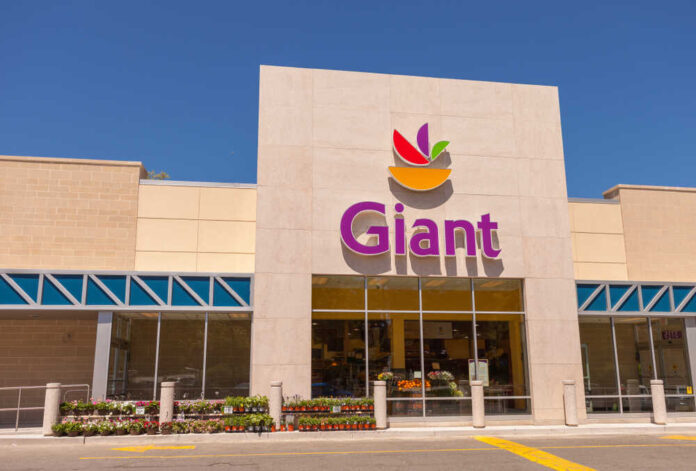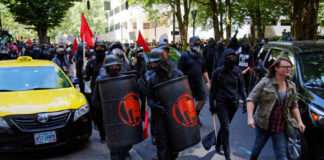
The rising tide of theft and violence at retail outlets, particularly grocery chains, is causing much concern. Giant Food’s President Ira Kress is sounding the alarm. His chain’s experience underscores the broader challenge American businesses face as crime continues to increase, jeopardizing both safety and profitability.
Kress, the president of Giant Food, expressed his concerns candidly, noting that theft has surged “tenfold in the last five years,” and violence has “increased exponentially.” This rising criminal activity has not been lost on other retailers either. Major brands, including Walmart, Whole Foods, Nike, Kroger, Nordstrom, Old Navy and Target, are dealing with similar challenges, leading some to consider withdrawing from urban markets.
Big cities have unleashed a crime wave never seen before in this country – stores are stealing fields. The politically correct term 'organized retail crime' doesn't help. Like 'gun violence' it makes excuses for the real problem and culprits. It only makes matters worse.$ULTA pic.twitter.com/0yao3gwgyx
— Charles V Payne (@cvpayne) May 26, 2023
Regrettably, theft and violence are not isolated problems. These challenges come when decreased foot traffic in urban centers, escalating labor and real estate costs, and ongoing inflation issues are pressuring retailers’ bottom lines. Kress, whose company has more than 160 stores across Maryland, Virginia, Washington D.C., and Delaware, has thus far been successful in avoiding store closures. However, he emphasizes the need to operate “safely and profitably.”
Some of the necessary protective measures may inconvenience customers. For example, Kress shared an incident when the company had to close one of the entrances at its Bowie, Maryland, location, creating a longer walk for shoppers. However, the move was strategic; fewer entrances meant more hurdles for shoplifters and reduced requirements for guards.
Despite the significant increase in crime, Kress remains steadfast. “We used to chase shoplifters,” he reminisced, “and you’d get the product back, and nobody would ever fight you. I didn’t worry about somebody pulling a knife or gun on me 40 years ago.”
Theft is more than merely a sporadic problem but is increasingly becoming an organized activity. A study from the National Retail Federation supports this, indicating that shoplifting has evolved into coordinated operations, affecting not just theft but also “the laundering of proceeds generated from the resale of stolen merchandise.”
Attempts at mitigation are ongoing, but the road ahead is challenging without significant systemic change. Part of Giant Food’s strategy is experimenting with measures such as hiring security guards, limiting self-checkout, and securing high-value items in noisemaking dispensers. Kress’s commitment to maintaining a secure and profitable business without causing undue inconvenience to his customers is admirable.
Yet, Kress’s concerns extend beyond his business’s well-being. He expressed frustration over the apparent ignorance of local politicians, saying, “It’s laughable for any of our politicians — and I’ve offered to meet and talk with any of them — to be ignorant to what’s going on in their communities, in their jurisdictions, with their constituents.”












